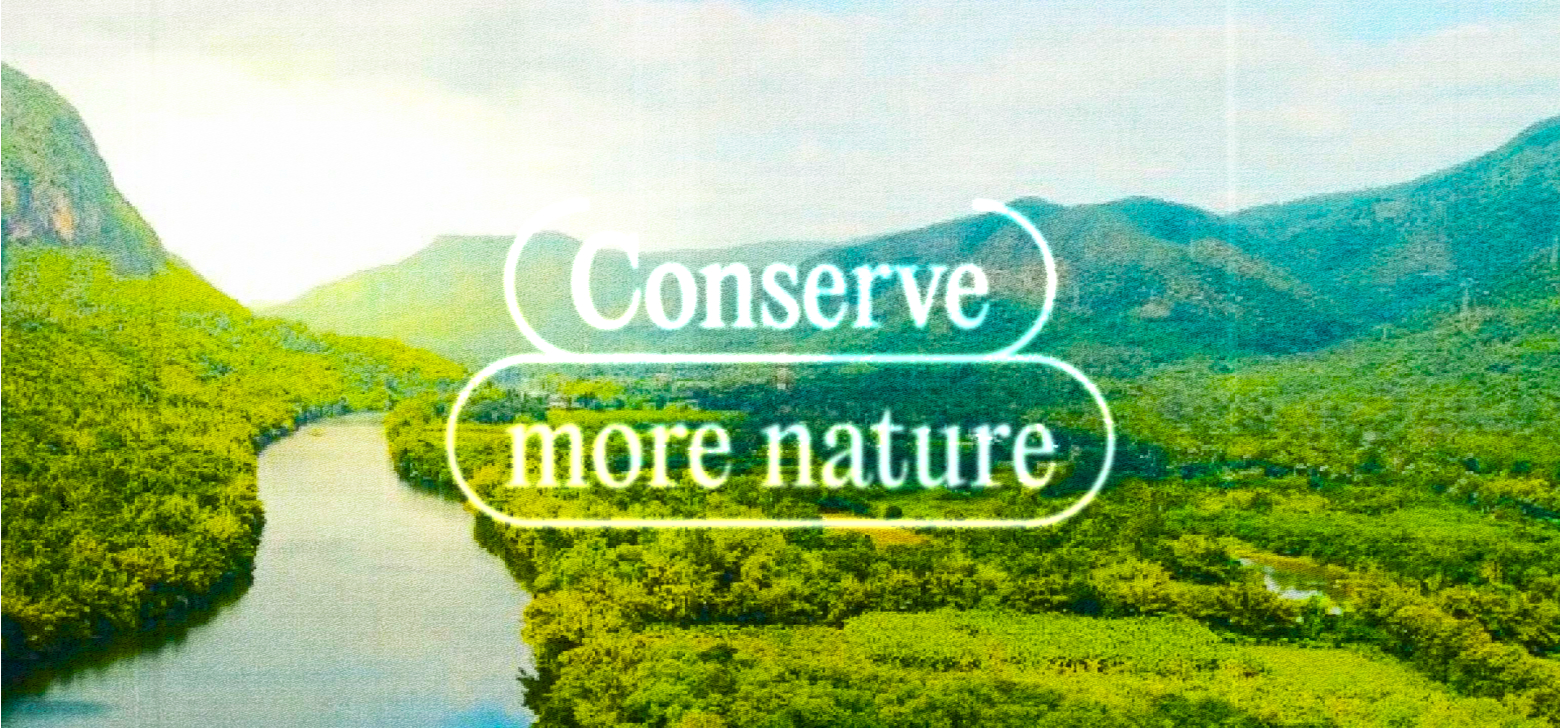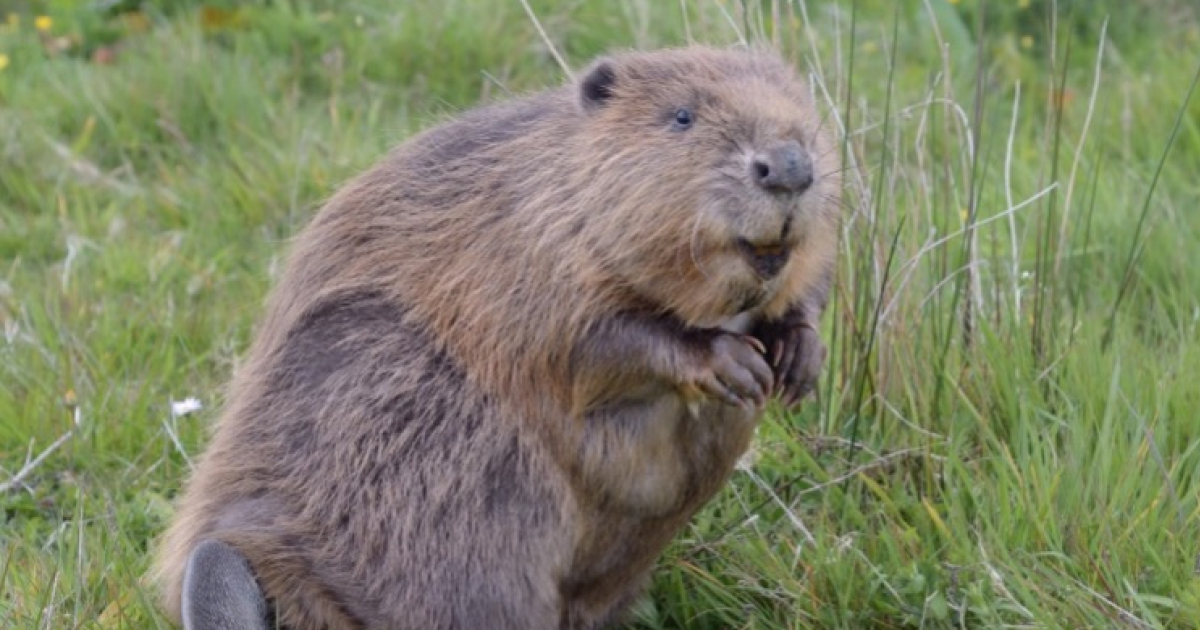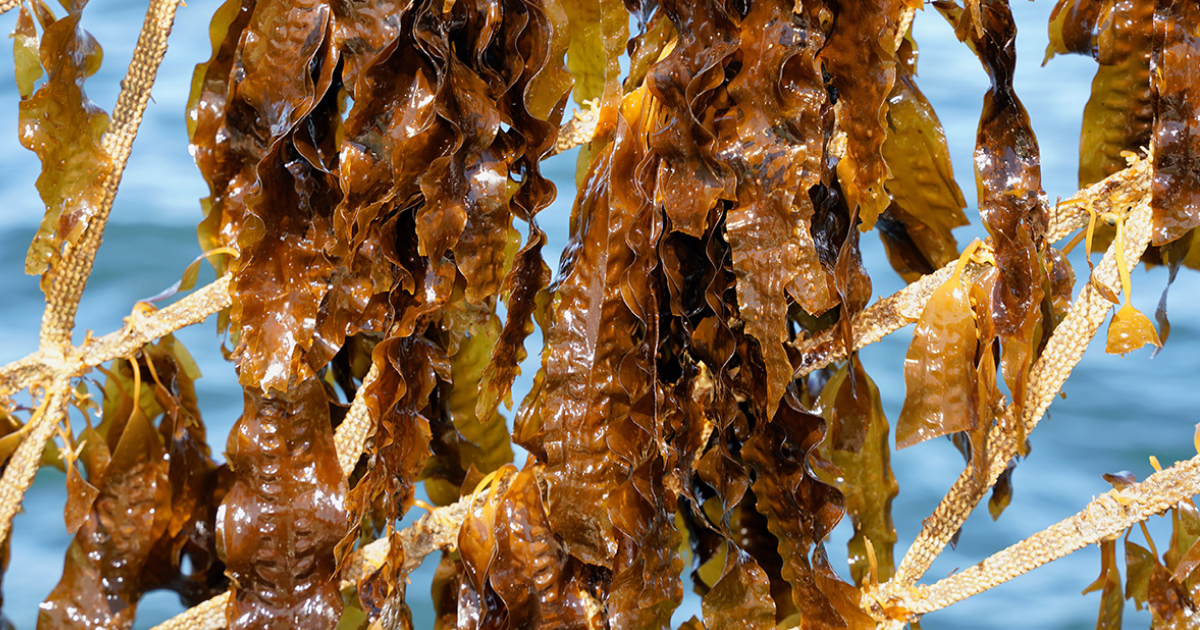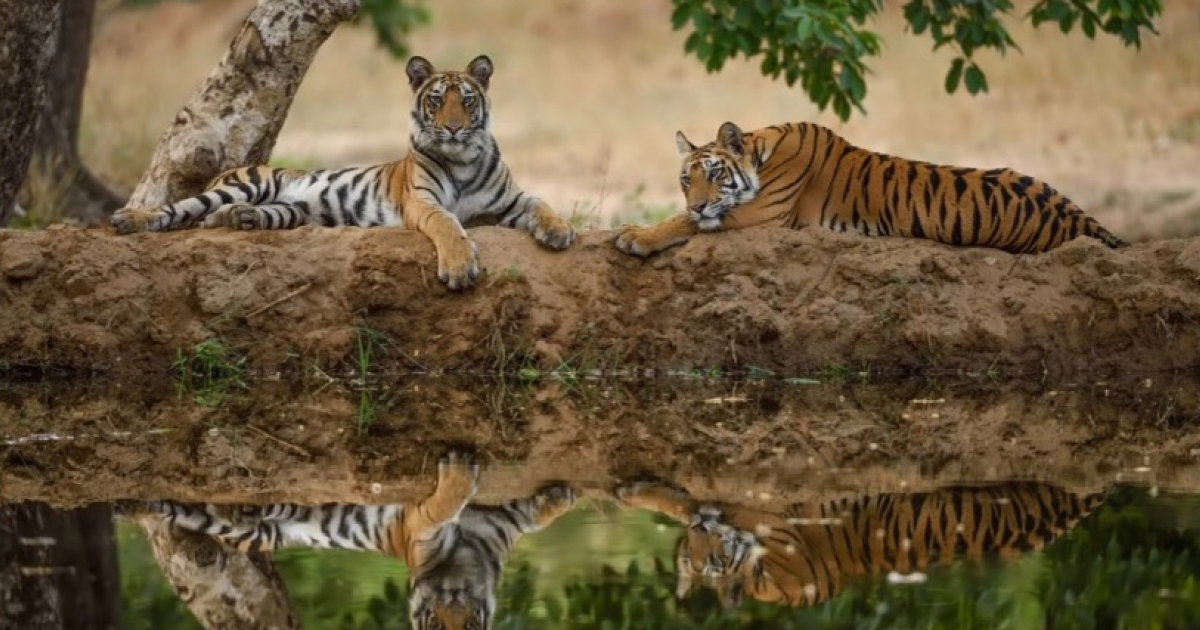By the numbers:
- $100 million: the amount of money earmarked to restore and conserve natural habitats
Amazon’s Right Now Climate Fund supports local projects in the communities where it operates and is aimed at mitigating the impacts of climate change, enhancing biodiversity and climate resilience, and adding green space to urban areas. These projects complement Amazon’s broader operational decarbonization efforts toward The Climate Pledge.
The Fund has supported a wide variety of nature projects in Europe, Asia-Pacific, and North America including:
Restoring habitat in urban areas. Amazon contributed funding for 22 nature restoration projects through the Mayor of London’s Rewild London Fund, in partnership with London Wildlife Trust and Groundwork London. These are focused on protecting water voles, improving habitats for reptiles, and reintroducing species such as beavers to West London for the first time in 400 years.
Altogether, the projects will enable over 100 hectares of priority habitat to be restored or created – the equivalent of more than 160 soccer fields – and focus on London’s core wildlife network, making the city a more vibrant home for nature and the local community. “Rewilding allows nature to take the lead and is an exciting way to create healthier ecosystems and allow humans and wildlife to live together more harmoniously,” said Sadiq Khan, Mayor of London.






